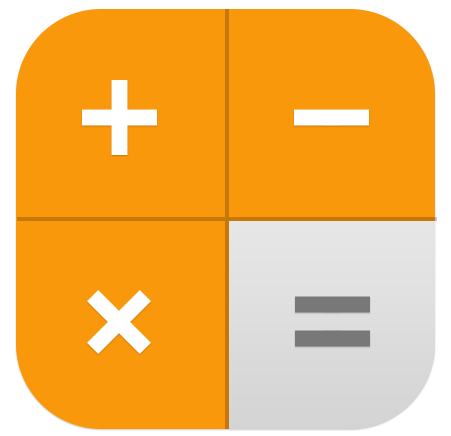What is Energy Calculations?
Energy calculations are a fundamental aspect of understanding energy usage, efficiency, and cost in various systems and processes. By quantifying the amount of energy consumed or produced, individuals and organizations can make informed decisions to optimize their energy usage and reduce costs.
Types of Energy Calculations
There are several types of energy calculations that are commonly used in different industries and applications. Some of the most common types include:
1. Energy Consumption Calculations

Energy consumption calculations involve determining the amount of energy consumed by a particular system, device, or process over a specific period of time. This information is crucial for understanding overall energy usage and identifying opportunities for improvement.
2. Energy Cost Calculations
Energy cost calculations focus on determining the financial cost associated with energy consumption. By analyzing energy usage and current energy prices, individuals and organizations can estimate their energy expenses and make adjustments to reduce costs.
3. Energy Efficiency Calculations
Energy efficiency calculations assess the effectiveness of a system or process in converting energy input into useful output. By calculating the efficiency of energy usage, individuals and organizations can identify areas where improvements can be made to optimize energy efficiency.
4. Renewable Energy Calculations
Renewable energy calculations involve quantifying the amount of energy generated from renewable sources such as solar, wind, or hydropower. By determining the potential of renewable energy sources, individuals and organizations can make informed decisions about incorporating sustainable energy solutions into their operations.
Importance of Energy Calculations
Energy calculations play a crucial role in helping individuals and organizations manage their energy usage effectively. Some key reasons why energy calculations are important include:
1. Cost Savings
By accurately calculating energy usage and costs, individuals and organizations can identify opportunities to reduce energy expenses and save money in the long run.
2. Resource Conservation
Understanding energy consumption and efficiency allows individuals and organizations to conserve valuable natural resources, reduce environmental impact, and promote sustainability.
3. Performance Optimization
Energy calculations help in evaluating the performance of systems and processes, identifying inefficiencies, and implementing improvements to optimize energy usage and productivity.
4. Compliance
Many industries and countries have regulations and standards regarding energy usage and efficiency. Energy calculations are essential for ensuring compliance with these requirements and avoiding penalties.
How to Perform Energy Calculations
There are various methods and formulas used for performing energy calculations, depending on the type of calculation required. Some common steps involved in energy calculations include:
1. Gather Data
Collect relevant data such as energy consumption figures, operating hours, energy prices, and system specifications to begin the calculation process.
2. Determine Units
Ensure that all data is in consistent units (e.g., kWh for energy consumption, dollars for energy costs) to facilitate accurate calculations.
3. Choose the Appropriate Formula
Select the appropriate formula or method for the specific energy calculation needed (e.g., energy consumption, energy cost, efficiency, renewable energy potential).
4. Perform the Calculation
Plug in the data into the selected formula and perform the necessary calculations to arrive at the final results.
5. Analyze and Interpret Results
Once the calculations are complete, analyze the results to gain insights into energy usage, costs, efficiency, or renewable energy potential. Use this information to make informed decisions and take necessary actions.
Applications of Energy Calculations
Energy calculations are used in a wide range of applications across various industries and sectors. Some common applications include:
1. Building Energy Analysis
Energy calculations are used to assess and optimize energy usage in buildings, including residential, commercial, and industrial properties. This helps in improving energy efficiency, reducing costs, and enhancing comfort levels.
2. Energy Audits
Energy calculations play a crucial role in conducting energy audits to identify energy-saving opportunities, assess energy performance, and recommend improvements for buildings, facilities, or processes.
3. Renewable Energy Projects
Energy calculations are essential for designing and evaluating renewable energy projects, such as solar panels, wind turbines, or hydropower systems. This helps in estimating energy generation, costs, and returns on investment.
4. Industrial Processes
Energy calculations are used in optimizing energy usage and costs in various industrial processes, such as manufacturing, production, and distribution. This helps in enhancing productivity, reducing waste, and increasing profitability.
Conclusion
Energy calculations are a valuable tool for individuals and organizations looking to manage energy usage, costs, and efficiency effectively. By performing accurate energy calculations and analyzing the results, it is possible to make informed decisions, optimize performance, and contribute to a more sustainable future.






